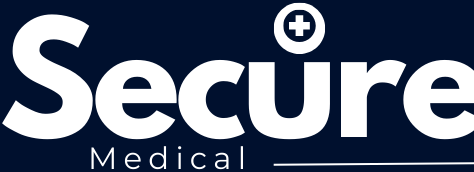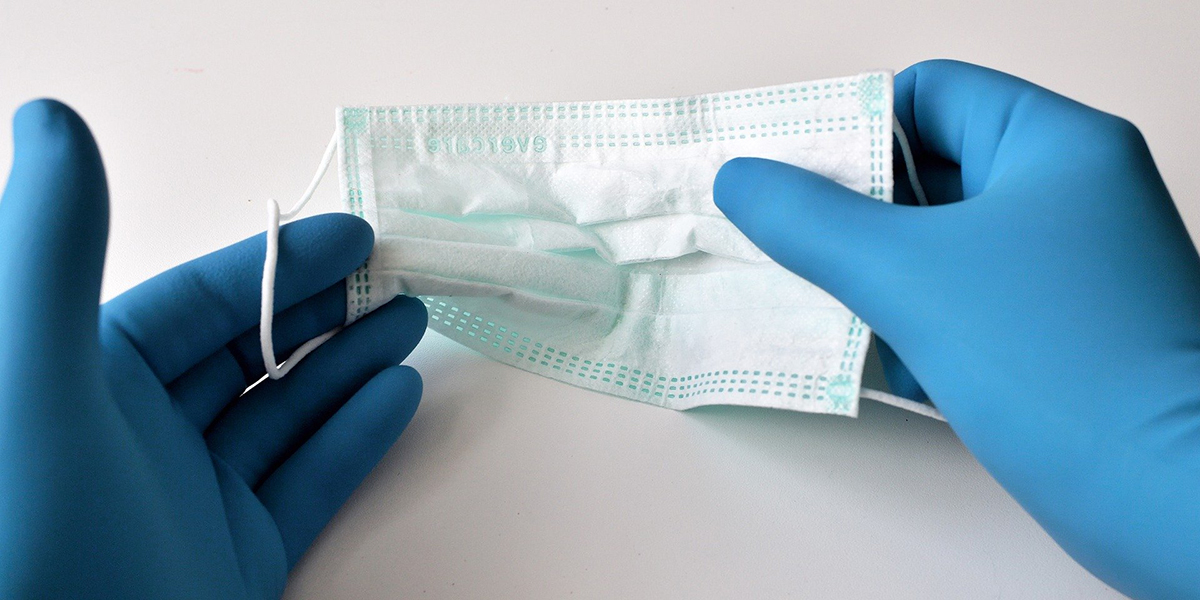To maximize the effectiveness and safety of medical accessories, adherence to best practices is essential. Proper sterilization techniques should be employed to ensure the cleanliness and sterility of reusable accessories. Correct application procedures should be followed to optimize the performance of diagnostic and therapeutic accessories. Regular maintenance and replacement of accessories are necessary to prevent deterioration and ensure consistent functionality over time.
Case Studies: Successful Implementation of Medical Accessories
Numerous case studies highlight the successful implementation of medical accessories in various healthcare settings. In emergency situations, rapid access to diagnostic and therapeutic accessories can make a crucial difference in patient outcomes. In remote healthcare settings, the availability of portable and durable accessories enables healthcare providers to deliver essential services to underserved populations. Across diverse clinical contexts, medical accessories contribute to improving efficiency, accuracy, and quality of care.
Ethical Considerations in the Development and Use of Medical Accessories
The development and use of medical accessories raise important ethical considerations that must be addressed to uphold patient rights and welfare. Patient privacy must be safeguarded throughout the lifecycle of medical accessories, from data collection to storage and transmission. Equity in access to medical accessories is essential to ensure that all individuals, regardless of socioeconomic status or geographic location, can benefit from essential healthcare resources. Moreover, minimizing the environmental impact of medical accessory production and disposal is crucial for sustainability and long-term environmental health.
Training and Education in Medical Accessory Usage
Effective training and education are vital to ensuring the safe and appropriate use of medical accessories by healthcare professionals and patients alike. Comprehensive training programs should be developed to familiarize healthcare providers with the proper use and maintenance of medical accessories. Patient education initiatives can empower individuals to take an active role in their healthcare by providing guidance on the use and care of accessories relevant to their conditions. Furthermore, ongoing continuing education requirements can help healthcare professionals stay updated on advancements in medical accessory technology and best practices.

Innovative Startups and Companies in the Medical Accessory Industry
The medical accessory industry is home to a diverse array of innovative startups and companies driving advancements in healthcare technology. Leading companies are at the forefront of developing cutting-edge accessories with unique features and capabilities. From wearable devices to telemedicine platforms, these companies are shaping the future of healthcare delivery through innovative solutions that improve patient outcomes and enhance the overall quality of care.
Global Perspectives on Medical Accessories
While access to medical accessories varies widely across different countries and regions, efforts are underway to address disparities and improve healthcare access on a global scale. Initiatives aimed at increasing access to essential medical accessories in developing nations seek to bridge the gap between resource-rich and resource-limited settings. International collaboration efforts facilitate knowledge sharing and technology transfer, enabling countries to leverage collective expertise and resources to address common healthcare challenges.
Conclusion: The Future of Medical Accessories
In conclusion, medical accessories play a vital role in modern healthcare delivery, serving as indispensable tools for diagnosis, treatment, and patient care. As technology continues to advance and healthcare systems evolve, the importance of medical accessories will only grow. By embracing innovation, adhering to best practices, and addressing ethical considerations, the future of medical accessories holds promise for improving healthcare outcomes and enhancing the well-being of individuals worldwide.

